This has shocked the GOP.
In a move that has stunned conservatives across America, Senator Cynthia Lummis (R-WY) suggested that the First Amendment—America’s bedrock protection of free speech—may no longer be the “ultimate right.”
Speaking to Semafor, Lummis said America’s cultural climate has “dramatically shifted,” pointing to a dangerous rise in political violence and extreme rhetoric.
“In normal times, I’ve always believed the First Amendment should be absolute,” Lummis explained. “But things have changed. We must recognize the connection between dangerous speech and real-world violence.”
Her comments come amid national outrage following the assassination of conservative leader Charlie Kirk, a vocal advocate for free speech, and the suspension of Jimmy Kimmel’s late-night show over remarks made about Kirk shortly before his death.
Charlie Kirk’s Murder Sparks Nationwide Debate
On September 10, Charlie Kirk was tragically gunned down, shocking millions of young conservatives who saw him as a fearless defender of free expression and open debate.
Following Kirk’s death, ABC indefinitely suspended Jimmy Kimmel, whose inflammatory comments about Kirk sparked massive backlash.
Many conservatives praised the move, calling it a rare moment of accountability in the media. Meanwhile, liberals claim it’s “censorship,” showing just how deeply divided America is over free speech.
Trump Blasts Government Censorship
President Donald Trump, who has consistently championed free speech, slammed the previous Biden administration in a January statement, accusing them of pressuring social media companies to silence conservative voices:
“Government censorship of speech is intolerable in a free society,” Trump said. “For years, federal agencies worked behind the scenes to suppress speech they didn’t like.”
Trump vowed to defend Americans’ constitutional rights, promising that his administration would protect free speech online and in public spaces.
Lummis Shifts Her Stance Amid Rising Violence
Senator Lummis, once known as a staunch free speech defender, admitted that she no longer views the First Amendment as untouchable:
“We can’t let people say outrageous, dangerous things, and then act shocked when political violence erupts,” she said, referencing the threats faced by lawmakers and public figures.
Her remarks highlight a growing divide within the Republican Party over how to handle violent rhetoric without handing power to government censors.
FCC and ABC Face Firestorm Over Kimmel Suspension
The Federal Communications Commission (FCC) came under scrutiny after its involvement in Kimmel’s suspension.
FCC Chairman Brendan Carr praised ABC for “doing the right thing” and urged other broadcasters to “stand up for community values.”
“We’re not done yet,” Carr told CNBC, hinting that additional actions may soon target other media companies.
White House Deputy Chief of Staff Taylor Budowich celebrated the suspension on X (formerly Twitter):
“Welcome to Consequence Culture. Common-sense Americans are finally fighting back. MAKE AMERICA GREAT AGAIN!”
Conservatives Push Back Against Censorship
Not all conservatives support the FCC’s involvement.
Senator Rand Paul (R-KY) agreed that Kimmel’s firing was justified but warned:
“The FCC should not be involved. Public pressure is one thing, but government censorship is another.”
Tucker Carlson took a strong stand on his show, warning that those in power fear dissent:
“Free speech exists so ordinary people can challenge those in power. The powerful hate that, and they want to silence it.”
Democrats Claim GOP Is Silencing Opponents
Democrats quickly flipped the narrative.
California Governor Gavin Newsom accused Republicans of “coordinated censorship”, claiming:
“Buying and controlling media platforms. Firing commentators. Canceling shows. It’s all connected—and it’s dangerous.”
The ACLU issued a blistering statement comparing the actions to McCarthyism, warning that Trump’s administration was “deciding who can speak, write, and even joke.”
The Future of Free Speech in America
The nation now faces a pivotal question: Is free speech still absolute, or are limits inevitable in today’s volatile political climate?
Senator Lummis’ stunning statement reflects a growing debate within the GOP, while President Trump remains firm in his promise to protect Americans from government overreach and censorship.
As the country mourns the loss of Charlie Kirk and wrestles with these challenges, one thing is certain: The fight for free speech is far from over.
Why This Story Matters
This story taps into core conservative values—freedom, accountability, and protection from government control.
- Charlie Kirk’s death has become a rallying cry for free speech advocates.
- Big Tech and corporate media censorship remain top concerns for conservatives.
- Trump’s stance on defending free speech continues to resonate with voters heading into the next election cycle.
Key Takeaway
The First Amendment is under attack like never before. What happens next could reshape the very foundation of America’s freedoms.
Stay informed and share this story with friends and family who care about protecting free speech and defending conservative voices.

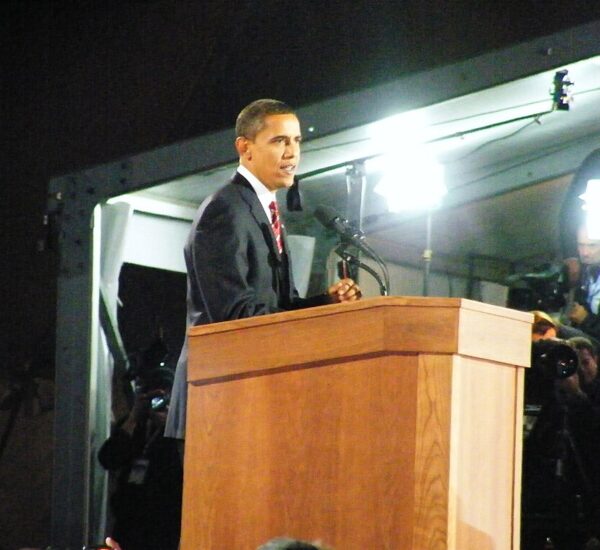
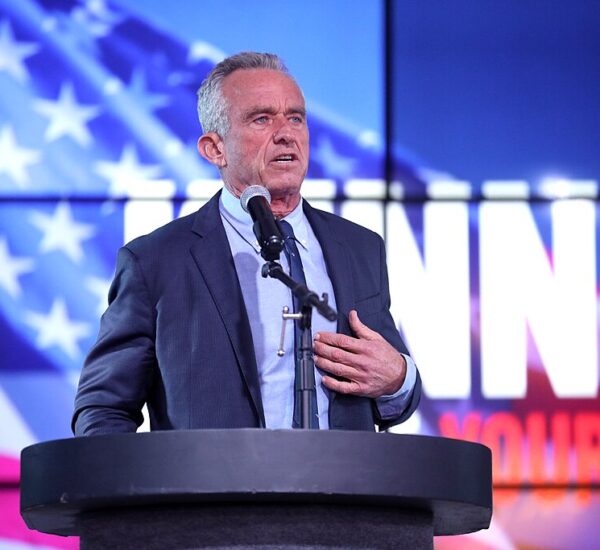

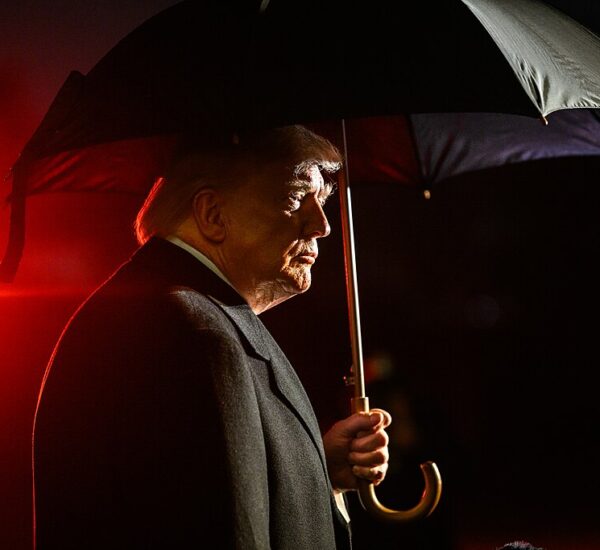
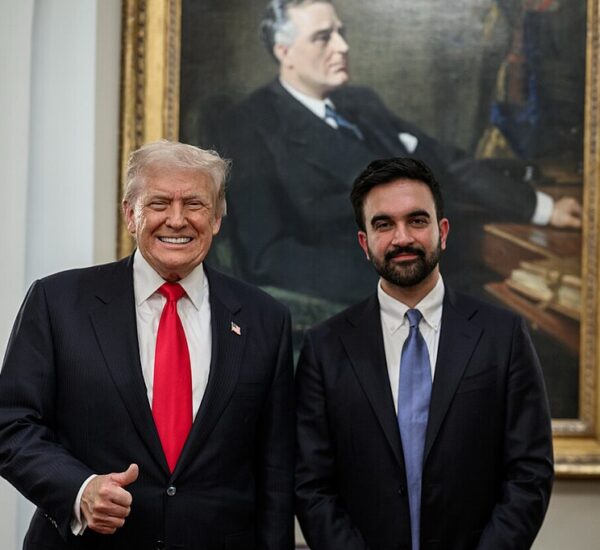
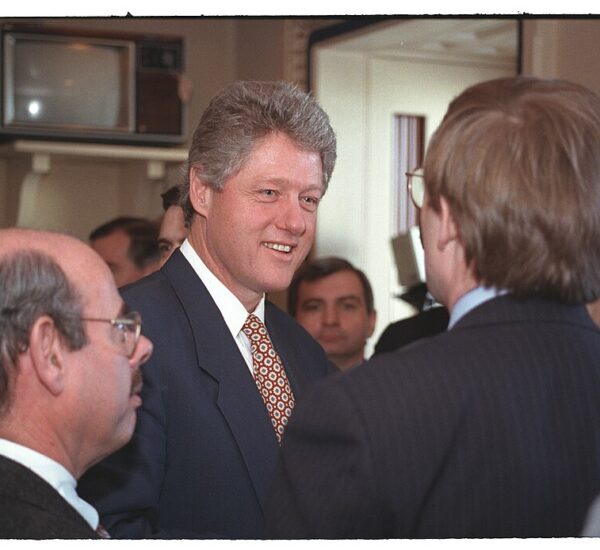
“Senator Cynthia Lummis (R-WY) suggested that the First Amendment—America’s bedrock protection of free speech—may no longer be the “ultimate right.””
congress needs to remove lummis from office immediately!! she (or anyone else that holds the US Constitution with such contempt) does NOT belong in gov’t, PERIOD, END OF STORY!!!
the problem is NOT the 1st Amendment. it IS with the leadership of this country that allows criminals to run rampant with absolutely NO regard for the law (and especially the US Costitution!!) and apparently, loomis is among this group!!
IF the leadership would actually FOLLOW THE US CONSTITUTION instead of ignoring it, making excuses for it, and/or circumventing it, we ALL would be much better off.
the 1st Amendment IS OF EXTREME IMPORTANCE!!! without it, we can not hash out our differences. without it we can not learn from each other. without it we, as a country, can not resolve our issues and move on. those that respond in violence because they can not handle listening to others who hold to a different opinion, are not true Americans NOR do they believe in the US Constitution!
the violence that we are seeing in this country is NOT because of the US Constitution and ESPECIALLY NOT because of the 1st Amendment!!! it IS because of all the t r a i t o r o u s people that we have in leadership that are breaking the law by inciting to riot and allowing schools & media to propagate the violence. instead of letting the elite to continue to walk the streets free or at worst have them spend a token amount of time in a luxury prison that has more amenities than most upper middle class, ALL these people need to be arrested, brought to trial and those that have committed crimes NEED TO FACE REAL PRISON TIME IN A REAL PRISON!!!
That was a great post of which I agree with 100%. I am a disabled veteran who took the same oath that GOP bimbo took which stated a promise to support and defend the constitution against all enemies both foreign and domestic. She fits into the enemies of domestic just like Biden, and Obama as well as all their elk. TRAITORS all.
The 9th commandment of God says that we must not lie. Free speech is not absolute!
To repeal the 1 amendment just because some people can not control their emotions and or actions is not a reason. If the first amendment is taken away, we the people become peons of the government. Next the second amendment would be next and we would be slaves of the government.